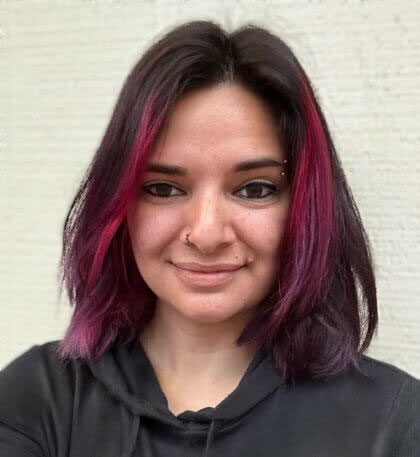When you look in the mirror, do you recognize who you see? Do you feel comfortable in your skin? Do you ever question who you see in the mirror, who you are as a person?
It is estimated that over 2 million people identify as transgender and gender non-conforming (TGNC). These people will and should be heard and valued for who they are. International Transgender Day of Visibility gives us room to lift and support those trans voices, current and past. Transgender people and Drag Queens stood firm as they faced the police after 2/3 repeated events of harassment and violence. That was not the first fight against injustice and hate, and it won’t be the last. This day shows that we have come so far as a society in accepting TGNC peoples and how behind we still are.
TGNC people must learn to accept themselves and navigate a society that continues denying them access to many things. We still have arguments about pronouns, about realness. TGNC people still need to fight to have their names acknowledged. Violent attacks on TGNC people have nearly doubled over the last four years. TGNC people of color have a higher chance of being killed for simply existing.
Being a human being is incredibly difficult on an average day. We push through trauma, stress, abuse, and hardships that come with existing in modern society. TGNC people have the added stress of wondering if today will be the day they are attacked, ridiculed, or told they are “too much” for their gender identity. As a psychologist, I have had TGNC clients enter sessions sobbing, broken, and destroyed because they felt unseen by their families and their communities. The words “why don’t they just get it?” can barely scratch the surface of the pain and torture I see in their faces.
We, as clinicians, can sit with clients and encourage them to work within themselves to find strength. We cannot make them feel visible in a world that continues to try to shut them down; that’s up to the rest of society.
Imagine if we all took a moment to accept someone for who they are. Dismiss our initial ideas of what gender looks like and just go with it. If we can take a moment to have the compassion to support our TGNC friends and family members, we can give her/him/xem/zim/them space to breathe. If we could take a moment to value them for who they are, we could provide space where someone can feel heard, seen, and respected in their own skin. Imagine the positive impact we could make.
When you look in the mirror tonight, I encourage you to consider who you see. Do you see a strong independent person going through life conquering all obstacles? A true ally uplifts the minority populations around them and amplifies those less likely to be heard. International Transgender Day of Visibility recognizes TGNC people as a force of authenticity that will not be ignored or pushed down. I hope we will see you standing with us, as allies.
Dr. Sita-Marie Pillay (she/they) obtained her doctorate in clinical psychology from the CSPP at Alliant International University. While Dr. Pillay has worked with a wide range of clientele, and she has a current emphasis on transitional-age youth and is currently working as the Post-Doctoral Fellow with the Hanna Center’s Community Mental Health Hub and Legacy programs. She has found that each client is unique in their needs and uses multi-theoretical psychology to support her clients. Dr. Pillay’s research includes multiethnic adolescents who have experienced events of trauma and bibliotherapy. Her current specialties include the LBGTQAI+ population, the South Asian-Pacific Islander community, the multiethnic identity, suicide awareness, and trauma.
